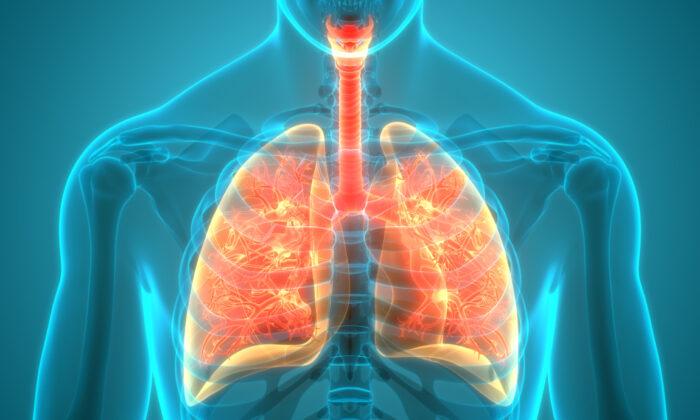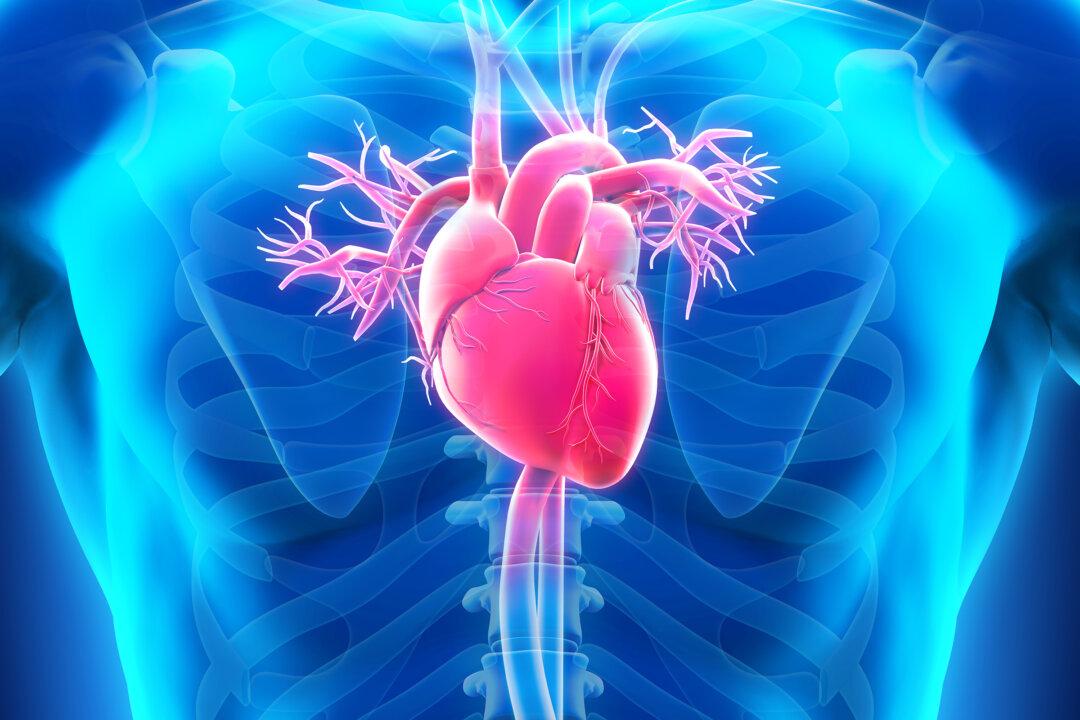Although tasty and flavorful, unhealthy, processed foods can trigger cravings that mirror those of addiction.
1 in 8 Older Americans Affected
Researchers claim that highly processed foods such as sweetened beverages, chips, and fast food can be addictive for some people, just like cigarettes and alcohol.The survey results showed more than 1 in 8 adults aged 50 to 80 years met the criteria of addiction to highly processed food in the past year, and 44 percent showed at least one symptom.
- Intense cravings
- Inability to reduce consumption
- Withdrawal
The findings showed that women were more than twice as likely as men to meet the criteria for addiction to highly processed food.
There was also a connection to mental health.
The Causes of Food Addiction
Neuropsychologist Sanam Hafeez, who holds a doctorate in psychology and is the director of Comprehend the Mind and a professor at Columbia University, said there are three factors involved in food addiction.Stress and Emotions
People who become addicted to food may eat to enhance positive emotions and reduce negative emotions. “For example, you might eat a pizza to ‘reward yourself’ for an accomplishment, but you might also eat a pizza because something negative happened and ‘you deserve it,’” Hafeez said.When feeling down or low-energy, we may gravitate toward something sweet. High-stress situations or a desire for comfort may lead to eating carbs.
Emily Feivor, a registered dietitian at Long Island Jewish Forest Hills, part of Northwell Health in New York, told The Epoch Times that it isn’t always negative emotions that are the triggers.
“Happiness, sadness, despair, stress, or loneliness often leads to what we call ‘emotional eating,’” Feivor said.
Brain Chemistry
Consuming foods high in carbohydrates, fat, sugar, salt, and artificial sweeteners can cause an addiction-like process for some individuals, Hafeez said.“This activates the reward-processing regions in the brain, which release serotonin and dopamine,” she said.
Genetics
Another factor that contributes to the development of food addiction is genetics. Research has shown that some people have genes putting them at a higher-than-average risk of developing any type of addiction, including food addictions.Highly Processed Foods Carry Severe Disease Risk
A recent study from Imperial College’s School of Public Health found that highly processed foods are linked with increased cancer risk.Researchers classified carbonated drinks, breakfast cereal, prepackaged meals, sweet or savory packaged snacks, reconstituted meat products, ready-to-eat/heat foods, and mass-produced and packaged bread as “ultra-processed foods.”
They emphasized that these foods aren’t made from ingredients typical of household cooking but instead consist of derived ingredients, such as high fructose corn syrup and modified starch.
After studying 200,000 middle-aged participants over 10 years, researchers found that people who eat highly processed foods were at a significantly higher risk of potentially deadly cancers. Among them, ovarian and brain cancers were more likely to develop in people who ate ultra-processed food. Ovarian and breast cancers were more likely to be fatal for this population.
High consumption of highly processed food is also significantly associated with an increased risk of obesity, diabetes, and heart disease.
Overcoming Food Addiction
Food addiction isn’t something that goes away on its own, experts warn.Limit ‘Trigger Foods’
Hafeez recommended eliminating alcohol and caffeinated beverages from your diet to help reduce poor eating choices, as these substances typically trigger cravings.Train Your Body to Avoid Junk Food
Introducing healthier food options into your diet will also help. Over time, your body will “get used to avoiding junk food” and have fewer unhealthy food cravings, Hafeez said.Healthy food actually makes your body feel light, while processed food makes it feel heavy.
This is because the body of someone who often eats junk food will start to “mobilize waste and repair the damage” after it finishes digesting food, according to review author Dr. Joel Fuhrman from Nutritional Research Foundation.
This process makes you feel fatigued and gives you headaches and anxiety.
Cognitive Reappraisal
Cognitive reappraisal is usually used to reduce negative emotions. But researchers find that it can also be quite effective for food addiction.
Hafeez said being mindful of what you eat is critical.
“Seeing how many calories are in food items you crave and understanding how much exercise it takes to eliminate those calories can help overcome food addiction,” she said.
Just as we have become more in tune with mental health in general, physicians need to pay more attention to patients whose weight or lab results indicate that they may be eating in a manner consistent with food addiction.
“All too often, a physician will say, ‘It would be great if you could cut down on the sugar,’ and then send the patient on their way,” Hafeez said.
Many people can’t afford a nutritionist, so making general practitioners more aware of the psychological reasons behind food addiction, how to counsel patients, and the importance of providing outreach in their community is crucial.
“As with any addiction, if people could stop because they were advised to, they would do so,” Hafeez said. “More support and awareness are needed.”




